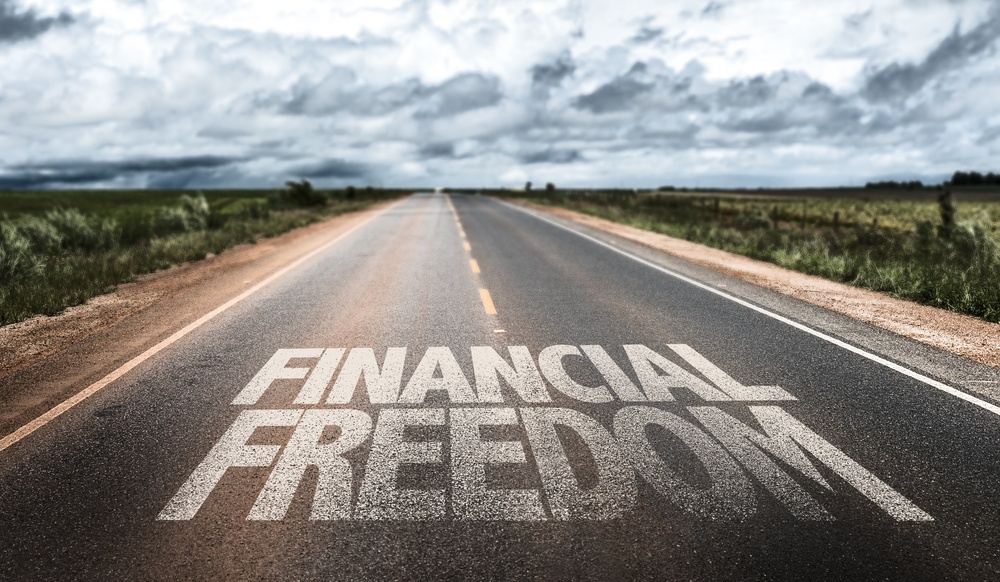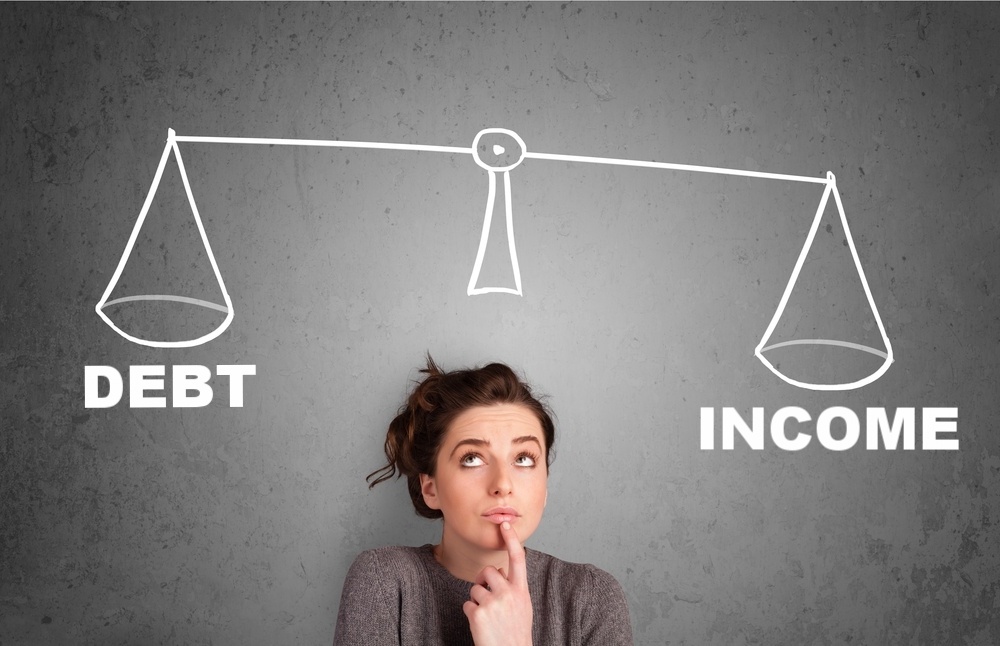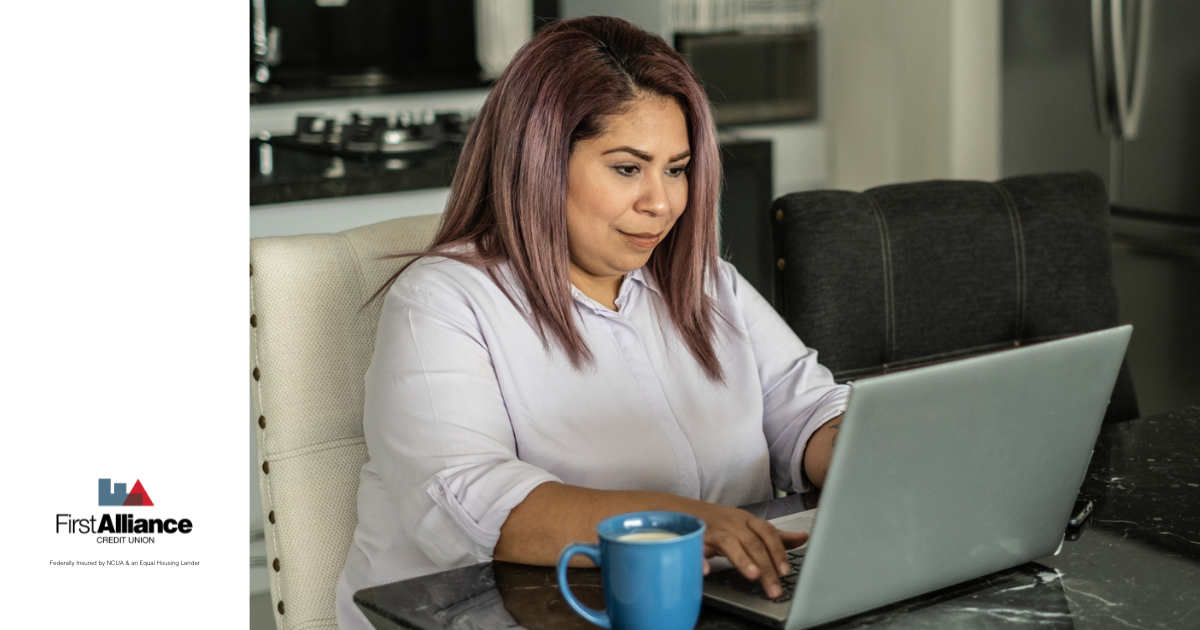Six Tips to Help Reduce Your Debt
No one likes being in debt or owing money to someone, but there is a large percentage of the population in the United States that is currently in...

No one likes being in debt or owing money to someone, but there is a large percentage of the population in the United States that is currently in debt or thinking about getting a loan. With that in mind, having some knowledge of the ways to reduce your debt is important for controlling your financial future.
Here are a few tips that can help reduce your debt. Try to apply as many of these tips to your life as you can so that you can reduce your debt faster.
Many people fall into debt because they don’t make a budget and then spend their salary on things they don’t need. They sometimes buy things that they can’t afford, fooling themselves into thinking that they need them. You shouldn’t buy everything your heart desires. Wants never end, money does. So unless you are sure that what you’re spending money on is required, don’t waste money on it. Try not to give in to impulses. Instead, you can use your money to pay off existing debts or any other loans that you might have.
Paying minimum payments on your debt only prolongs it. The longer it takes to repay a debt, the more interest you will be charged. Make sure to always pay more than the minimum amount so that you can get out of debt as soon as possible. Make a few changes to your lifestyle in order to spend less and you will have more money to pay off your debt.
Another way to pay off a debt is to tap into your savings and investments. Although this may seem like a bad idea as it can harm you in the future, it is equally bad to be in debt during your retirement. So it’s better to clear off any loans or debts you might have before you reach retirement. The interest rate on your debt can be much higher than the money you are earning through your investments. So the longer you wait to repay the debt, the more money you will waste. You can always save up again once you are debt-free.

While paying more than the minimum on your debt each month is a good strategy, paying off the most expensive debt first is also a good step. Instead of paying a little on all your debts, you focus on the one that is the biggest and has the highest interest rate. Once that debt is paid off, shift your focus to the second most expensive debt, and so on. Continue this pattern and you will be left with the least expensive debts that can be paid off quickly. This technique works well and also makes you feel like you’re making progress each time a big debt is paid off.
If you want to pay off debt as early as possible, get a second job or work extra hours to earn more. The more you earn, the more money you have to pay off your debt. Just make sure to use all the extra cash towards the repayment of loans instead of spending it on other things. You can also make money by capitalizing on a hobby or skill. For example, if you like photography try offering your services to people for weddings, parties, events, etc. You could also rent out a room or your basement or garage to someone to get extra money.
If you own a home, then you can get a home equity loan to pay off your debt. Your home has equity; which is the worth of your house after you deduct the mortgage you owe from the current value of the house. A home equity loan can help you pay off debts quickly because if you get approved, you are given a large sum money on the spot. You can use this money to pay off everything you owe. One downside of taking out a home equity loan is that you will just be taking another loan to pay off a debt. You will still be indebted to the lenders for years until you have enough money to pay off on your mortgage.
If you still can’t pay your debt even after using all your resources, then the last resort should be to file for bankruptcy. It is always recommended to pay off your debt, but in some cases, repayment can be impossible. If that’s the case, there is no other option left than to file for bankruptcy.
If you are in debt, it is best to start paying it off as soon as possible to avoid high-interest rates. You are already paying off your debt, so following these tips right off the bat can make the process even quicker. If you are struggling to pay your debts all together, you should talk to your financial institution to work out a better payment plan or consider debt consolidation.

No one likes being in debt or owing money to someone, but there is a large percentage of the population in the United States that is currently in...

When you’re trying to get ahead financially, one big question tends to pop up: should you build up your savings first or concentrate on paying off...

John and Rosie Miller are sitting in a small office, their elbows resting on a table stacked with overdue credit card statements. They have five...